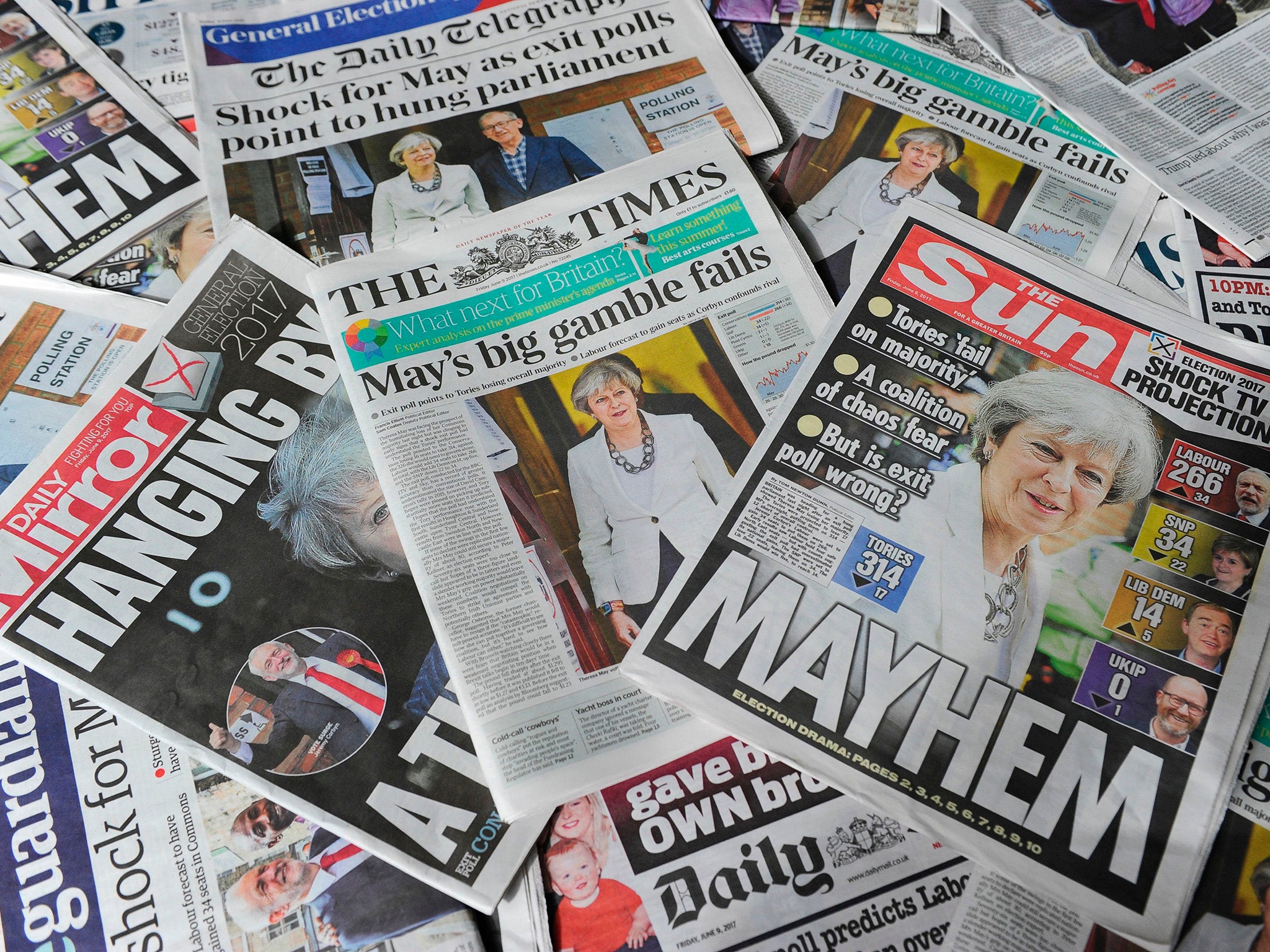The data protection bill poses a real threat to the media's ability to hold the corrupt to account
Lords and MPs alike have sought to use this bill as a way of sneaking back into law restrictions on the press that the current government has rightly said it will not implement

On Wednesday this week the House of Commons votes on the Data Protection Bill: a bill to regulate the way in which our personal information is processed.
As we all finally wake up to the importance of more protections over our personal data, the need for such a piece of legislation seems obvious, surely? Yet, as is so often the case with new laws, we are in grave danger of ushering in one protection only to eliminate others: in this case, the protections afforded to and by a free press.
That is because Lords and MPs alike have sought to use this bill as a way of sneaking back into law restrictions on the press that the current government has said it will not implement, namely forcing any publisher who refuses to sign up to a state-backed regulator to pay the legal costs of any data protection case brought against them, even if they win.
Such a measure would, in effect, invite anyone seeking to prevent exposure in the press – including those cases in which exposure, such as the Windrush scandal or MPs expenses, is in the public interest – to threaten legal action to silence a potential publisher.
In earlier proposed amendments, any organisation – including non-profit organisations like Index on Censorship – that refused to sign up to a state-approved regulator would be liable to pay both sides’ costs. The latest amendment on the question of costs-shifting attempts to close that loophole by exempting small publishers but this just makes a mockery of the entire endeavour: either the rules apply to everyone or no one. The ability to hold power to account and expose the corrupt should not be left to one kind of media organisation.
Of course, there should be protections for those wronged by the press: but the threat of financial penalties on potential public interest journalism is not the way to do it. Far better is to encourage low-cost, easily accessible and swift redress for all.
The argument often thrown back at Index in these debates is this: just join Impress (currently the only state-approved press regulator). So it is worth perhaps restating why Index refuses to do so.
For the past four decades, Index has monitored state interference in news reporting, from authoritarian Chile in the 1970s to North Korea today. With a history of scrutinising government pressure on media, we were never going to join Impress or any other state-approved body, no matter how arms-length that regulator purports to be.
A free press is fundamental to democracy. Investigative and campaigning journalists have exposed scandals that have helped save lives: such as the work done by Index on Censorship’s patron, Sir Harold Evans, on the Thalidomide scandal while editor of the The Sunday Times.
More recently, work by journalist Carole Cadwalladr at The Observer broke the Cambridge Analytica story wide open, while Amelia Gentleman’s reporting at The Guardian has driven the story on Windrush.
Without an environment in which such journalists are encouraged to report – without the fear that they might face costly court cases even for reporting stories that are true – who will hold the corrupt to account?
It is easy to dismiss such concerns as the hysterical whinging of the mainstream media, the crocodile tears of moguls such as Rupert Murdoch, or all-powerful editors like Paul Dacre, who fear their control on the news agenda slipping. That would be a huge mistake. A genuinely free press – one in which both independent investigative journalist outfits and mainstream media organisations can operate – benefits everyone.
We crush media freedom at our peril. The democratic gains being eroded in Turkey, Russia, Poland, Hungary and elsewhere have all been accompanied by a loss of press freedom: a freedom that is hard won but easily lost. Let us not see the same happen here.
Jodie Ginsberg is chief executive of Index on Censorship



Join our commenting forum
Join thought-provoking conversations, follow other Independent readers and see their replies